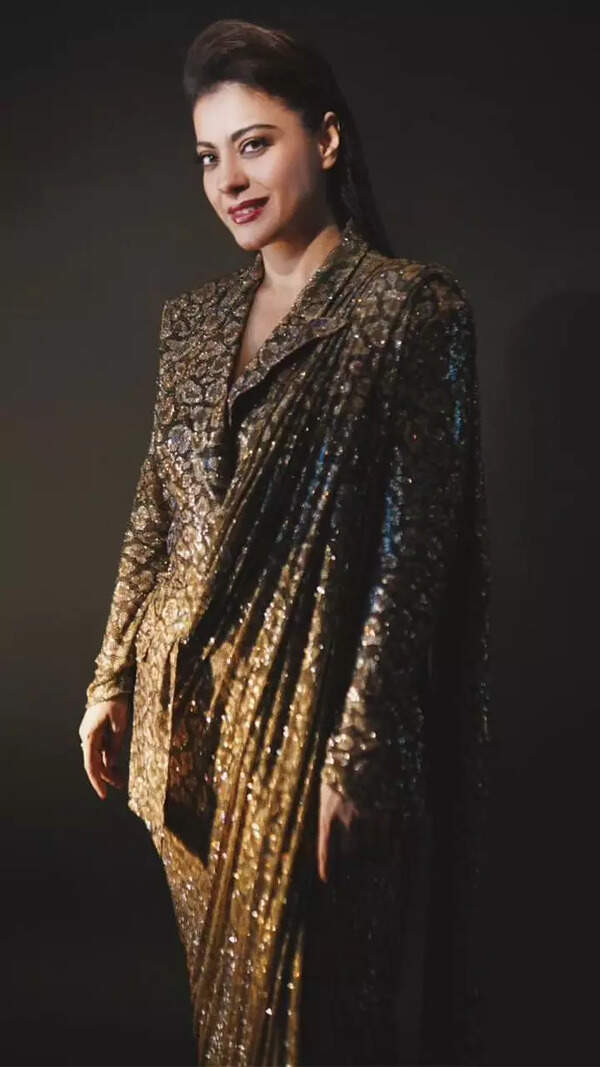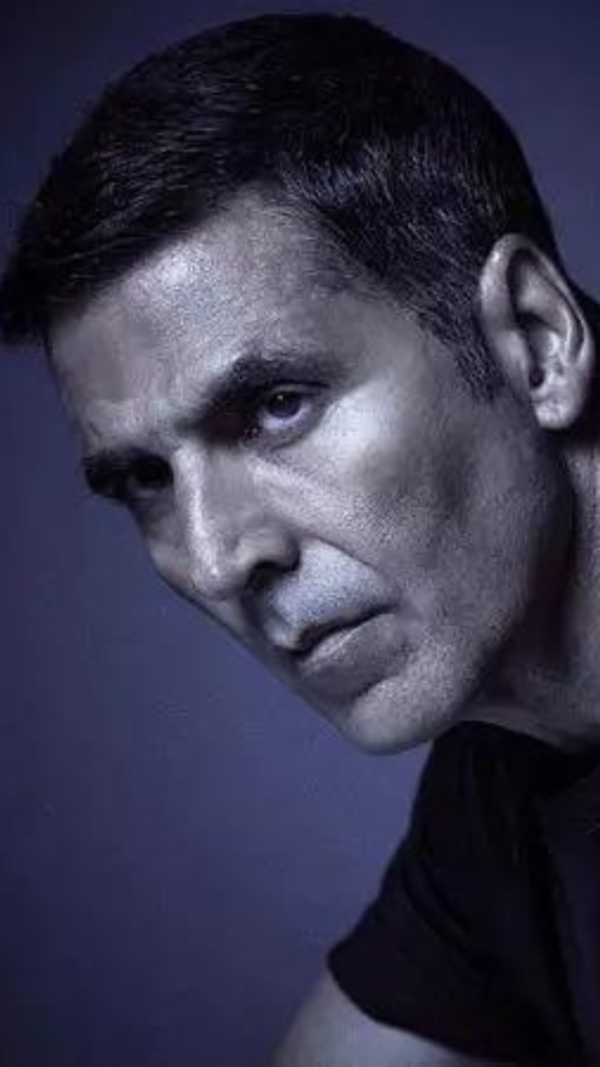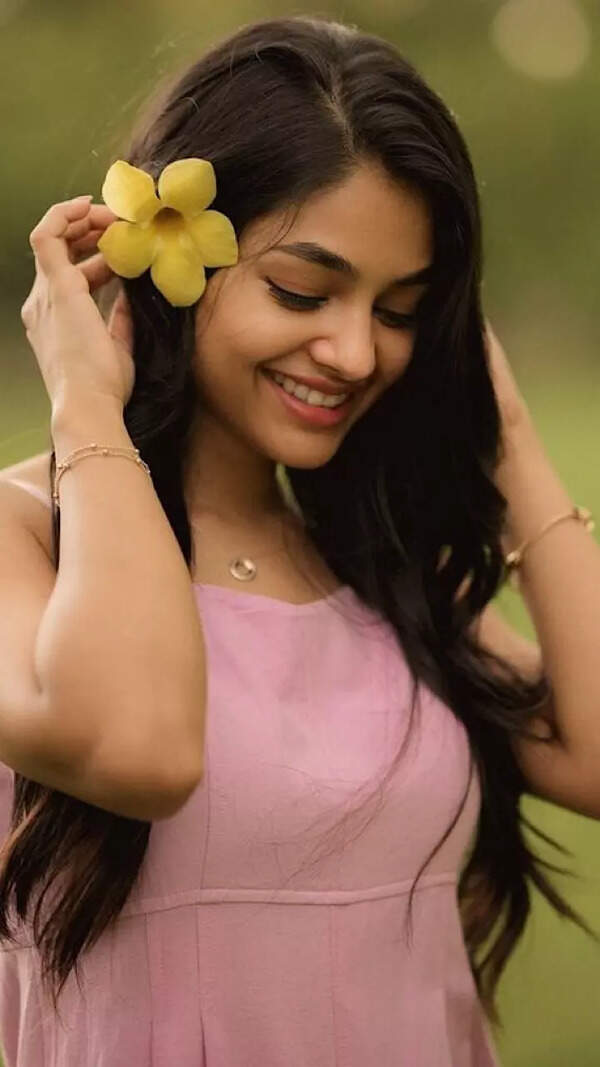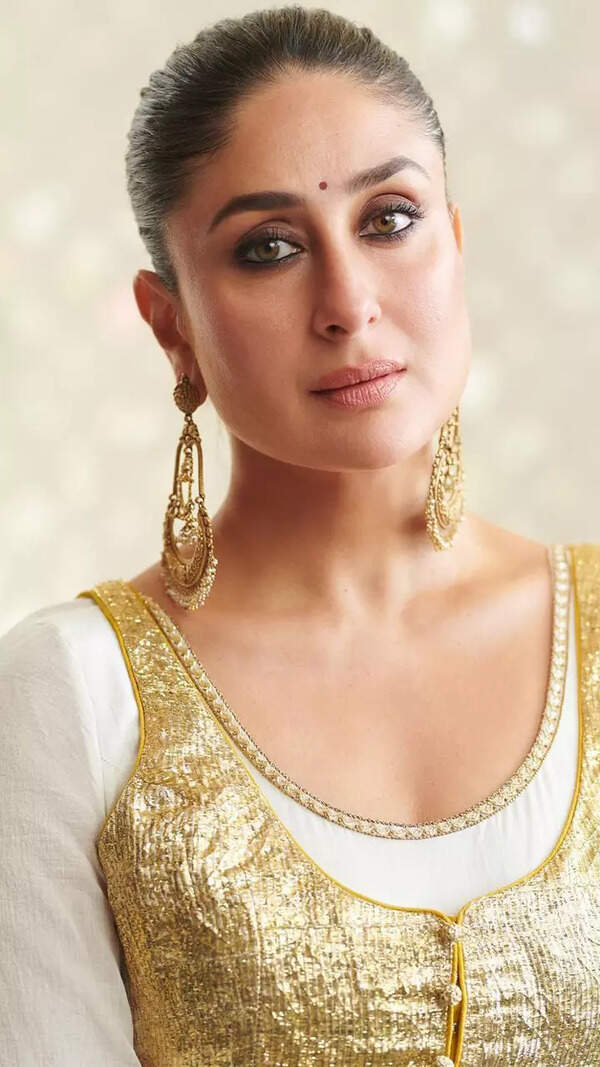- News
- entertainment
- hindi
- bollywood
- You already have a slumdog: Gurinder Chadha
Trending
This story is from September 11, 2010
You already have a slumdog: Gurinder Chadha
You already have a slumdog!:jokes Gurinder Chadha, when asked if her slum visits in North West Delhi have brought inspiration for a film on the subject
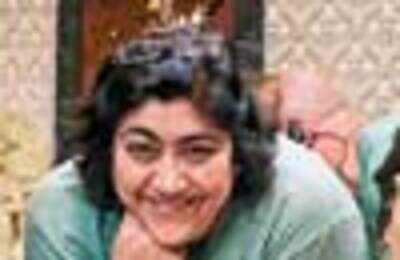
Gurinder Chadha was on a super low-key visit to the capital. In fact, so low-key, that while speaking to TOI before zipping off to Simla for a wedding, she was reluctant to talk movies. What the British director wanted to focus on, was “mothers and babies”, as she was here visiting slums and shooting for a short film.
How long have you been in Delhi?
I’ve been here a few days, working with Save The Children, visiting slum areas.

How does India stand globally?
India unfortunately, is one of the worst culprits. The rates in Bangladesh and Sri Lanka are much better. Two million children die in India every year, for no reason, just for simple, preventable, curable diseases. One of the things we all are very proud of is that India is globally a powerhouse. And that industrial growth is also partly due to the migrant workers who come to cities like Delhi and Bombay and help service some of this industrial expansion. In Sanjay Colony, a lot of the people have come from Bihar to work in one of the factories. But they’re being forced to live in slum areas which have no sanitation.
When I came to India as a girl, that is what I used to see, you know, nullahs and people doing their business in nullahs and stuff. But now as a woman when I see it, it’s really not cool you know, in a country that’s so advanced. And basically, every child is our child, as Indians we dote on our children, and as a mother I know that. And being in a slum and seeing a mother holding her newborn baby, you don’t want that baby to die! You wanna do the best for that child.
How long have you been with Save The Children?
Not that long. But I’m involved with many other children’s charities. As a mother, I’m very concerned about issues to do with mothers and babies; and particularly girls, because we are reproducing the next race.
Any inspiration for a film?
No, no, this is the work I’ve been doing as a charity project. You already have “Slumdog Millionaire”, how many more films do you want? (Laughs) You want everyone to jump on that bandwagon, eh? But seriously, who knows? It may feature, let’s see.
So you are open to making that kind of films?
Who knows? Everything is open, you know, never say never. People are also always saying, ‘will you ever make a masala fim?’ And I’m always saying, ‘who knows’. And I would choose films based on what I’m feeling at a particular time.
Were the slum visits a first?
No no, I’ve visited them before. I mean it was brilliant – we can’t shut ourselves up from this, you have to always remind yourself how so much of humanity lives. It’s always important to bring attention to it so that you can humanise those people. And I approach everything now as a mother. Everywhere I went, in all the gullies, I saw mothers with their kids, everyone was taking baths, everyone was washing their bartans... I went into a few homes and I saw lots of healthy children as well... mothers sending their children to school even though they lived in slums, you know what I mean? But this is all still in such dire circumstances. So for me, it’s always good to sort of go back in and see how the other half lives. I think it’s always important.
End of Article
FOLLOW US ON SOCIAL MEDIA



